They’re my cholesterol tablets, not ecstasy! How I fell in love with day clubbing in my fifties
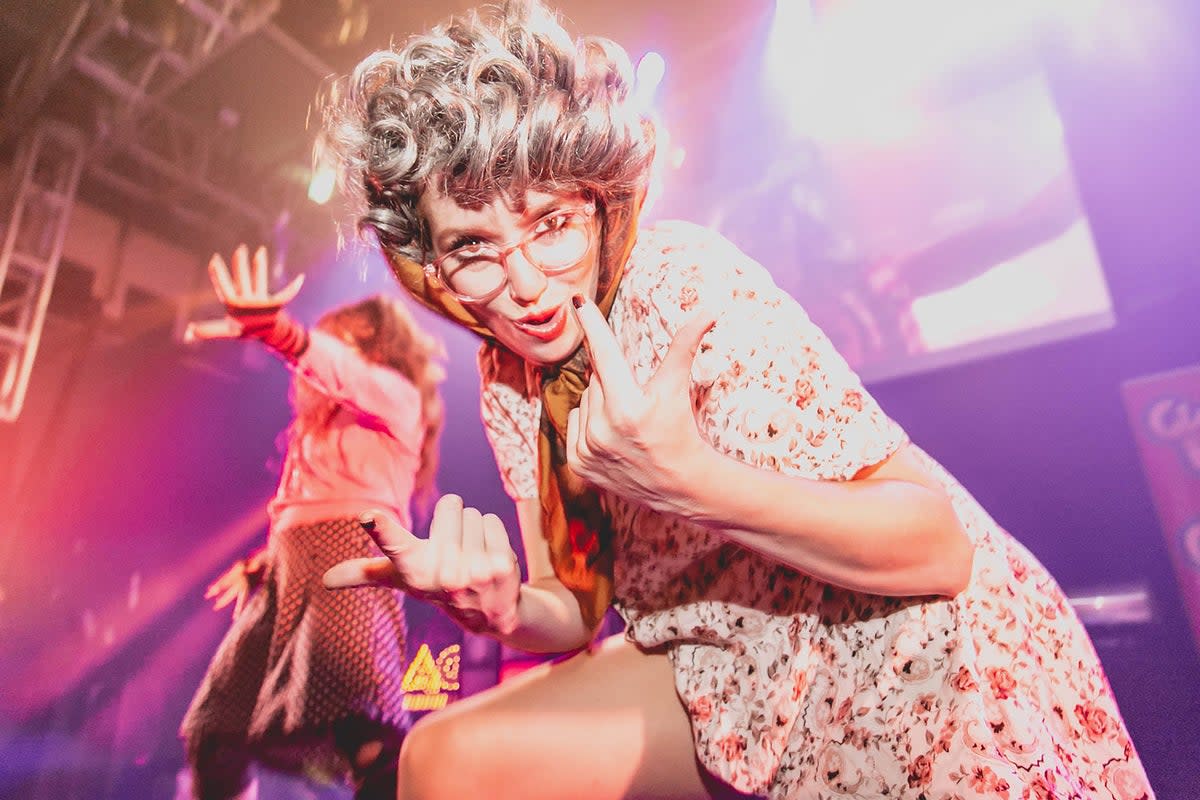
As the bouncer’s hands pat their way towards my stash, a long-forgotten fear grips me. I’ve come to the club straight from my supplier, absolutely brimming with drugs. An instinctive panic rises as the body search inches towards the “hot pocket”; the bouncer’s eyes raise as they squeeze at the shape of the contents. Time slows to a crawl, and my palpitations begin to verge on a medical emergency. Then, at long last, they nod and wave me inside. Knowing, perhaps, that I’m just carrying statin medication and the only thing getting hammered today is my cholesterol.
It is 3.30pm on a Saturday afternoon and, inside London’s Scala, the all-day Club de Fromage is a grooving maelstrom of millennials and Generation X unleashed. Couples who have ditched the kids at grandma’s for the day are here in Kings Cross reliving their honeymoon years to “Waterloo” and George Michael’s “Faith”. Euphoric singalongs to “Bohemian Rhapsody” break out among what appear to be yummy mummy groups that have leapt off WhatsApp, polished off the lunchtime prosecco and gone very, very rogue. All this to say, I have joined the day-clubbing set: that more mature, refined, and revitalised generation of party lovers who want to suck the marrow out of their weekend and still get home in time for The 1% Club.
Earlier this year, Day Fever – the club concept created by actor Vicky McClure, her filmmaker husband Jonny Owen, and Jon McClure of Reverend and the Makers – swept the nation, selling out vast venues across the country with their 3pm-till-teatime pop parties. Its success was the clearest sign yet of how the UK club scene is gradually reorientating itself towards the needs of thousands of 30-plus clubbers raving against the dying of the light.
Annie Mac has just announced that Before Midnight, her series of dance events with a witching hour curfew, is coming to Gunnersbury Park in September, while various day clubs have been springing up at iconic London institutions like Fabric and Scala, and at venues across the country. Britain’s grey ravers, it seems, are determined to party and nothing will stop us. Except perhaps a particularly challenging staircase, what with our knees.
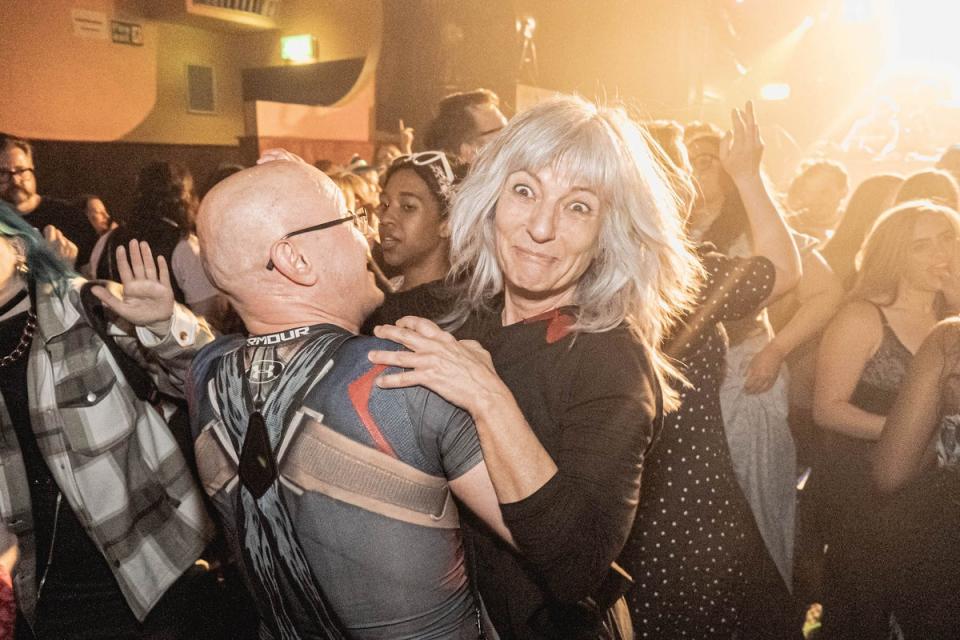
“There is a generation that still wants to do stuff,” says Carl Hill, who has been running Club de Fromage (CDF) and other day clubs and boat parties such as Age Against the Machine since the pre-pandemic years. “Youth has been expanded to the sixties onwards. There’s always been afternoon tea dances so maybe this is that for the Eighties and Nineties generations.”
With his sparkly red blazer and suave mic patter, Hill has positioned CDF as a classic pop day party, where swing-along sections to “My Heart Will Go On” might come accompanied by an onstage recreation of Titanic in which the iceberg really milks its part. But his other pre-sundown clubs have broader cult appeal.
At 3pm on select Saturdays, as I discover the following weekend, there is a door beneath central London, behind which you’ll find 150 people dancing to Sleeper’s 1995 Britpop anthem “What Do I Do Now?”. This is An Afternoon of Indie at the Outernet complex’s Lower Third club, a daytime cousin to Hill’s long-running oldies indie night Age Against the Machine. It’s an unpretentious space where classic Oasis T-shirts are stretched to their limits, Blur’s “Parklife” and The Cure’s “Boys Don’t Cry” seamlessly co-exist, and gangs of indie parents can get the old clubbing crew back together and still be home for (mildly slurred) bedtime stories.
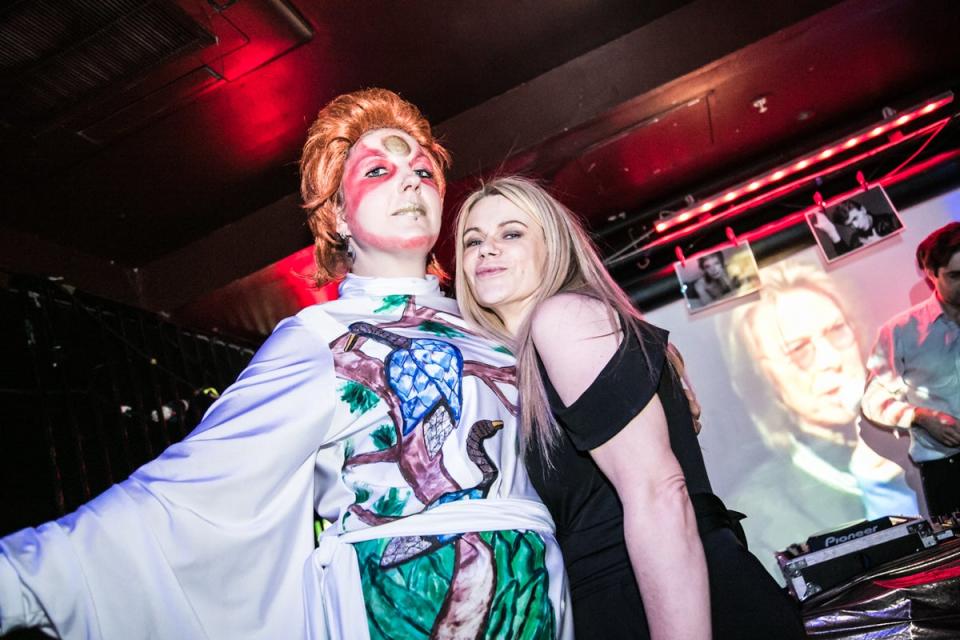
“We’ve all got young children, so the idea is we’re going to go out for dinner after this and be home at a sensible hour and have a nice long sleep,” says 44-year-old Jo from Woking, taking a breather by the cloakroom with her fortysomething girl gang. “The selling point is to be in bed by 10,” agrees her friend Andrea, who is also enjoying day clubbing’s pure, un-predatory vibe. “It’s very nice to be clubbing with people of your own age group and older. We feel very comfortable, there’s a lot of love in the room, there’s no feeling awkward. People are just here to have a good time. You’re not here to flirt or look good or pull or whatever.” Also, she adds with a laugh, “We don’t want to dance with 20-year-olds that look hotter than us.”
Another friend Sam was particularly thrilled to get ID’d at the door to prove she was a full 15 years over the club’s restriction of 30 and up. “It was very back-to-the-Nineties,” she laughs. “I was gonna get my HRT [hormone replacement therapy] patch out.”
Across town the following Sunday, an even older crowd gathers for An Afternoon of David Bowie in the pleasantly air-conditioned basement club of The Phoenix pub near Oxford Circus. Created in 2014, this decade-old event begins with a civilised, seated playback of tracks followed by a 90-minute, glam-blamming, Bowie-only groove-up. Beneath big screen images of the Dame in his prime, a hundred Bowiephiles shake their party chinos to “Young Americans” and “Starman” until the diamond dogs come home (approximately 4.30pm).
It’s that same shared experience that used to be so great at a rave, but now we can actually get home
As the afternoon winds up, the deserted pub upstairs fills with glamorous sci-fi creatures of a certain age, popping corks and settling in for the afterparty. Another bonus of day clubbing emerges: with many clubbers planning dinners or nights out afterwards, everyone’s already aglow with convivial party endorphins.
“There’s so many different genres coming on with it now, it’s good fun,” says Caroline, 59, a Bowie day club regular who often uses the events as a pre-gig warm-up. “It’s a nice stopgap before whatever you’re doing in the evening.” She’s chatting with John, a bus driver whose shifts slot in perfectly with this new party schedule. “If you’re finished at 4.30pm, you can have a couple of drinks and you’re OK to work the next day,” he says. “And there is the possibility of going, ‘Right, 7 o’clock, what are we doing next?’ It ticks so many boxes.”
The shift towards daytime events has also opened up clubland to more remote ravers. Linda, 66, is exuberant about the fact there are now parties she can easily get to from her “one-train-an-hour” town in Kent. Linda’s friend, 43-year-old Emma, recalls such transport nightmares from when she was an old-school clubber a decade or so ago. “I used to go to raves that wouldn’t start until 2 o’clock in the morning. Then, you had to get the first train back in the morning,” she says. “Now you have something that everyone can go to – it’s that same shared experience that used to be so great at a rave, but now we can get home.”
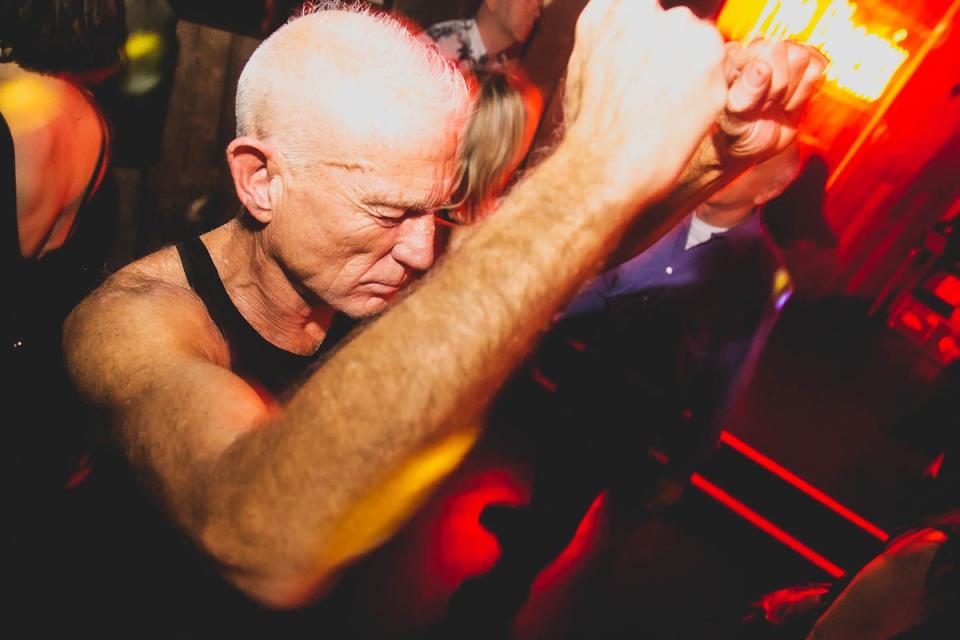
The day club phenomenon admittedly comes with some downsides. With young people’s spending power squeezed, the cost of clubbing rocketing, and the pandemic aftershocks seeing a reported two nightclubs closing every week in the UK (one-third of the country’s clubs have closed since 2020) – it is frustrating that it’s the older, wealthier generations, who are already enjoying so many advantages over the young, that can most afford the pleasures of the dancefloor, too.
“The clubs are desperate,” Hill says. “The night-time crowd, the younger ones, aren’t drinking as much as they used to. There is that element of kids not being able to afford going out, and they worry about future employment – we didn’t have to worry about someone filming us puking in a gutter, it was a private act. A lot of venues see [day clubbing] as a [cure all] panacea, which I’m not sure it is because obviously the market will be saturated. They might be chasing something we can’t deliver.”
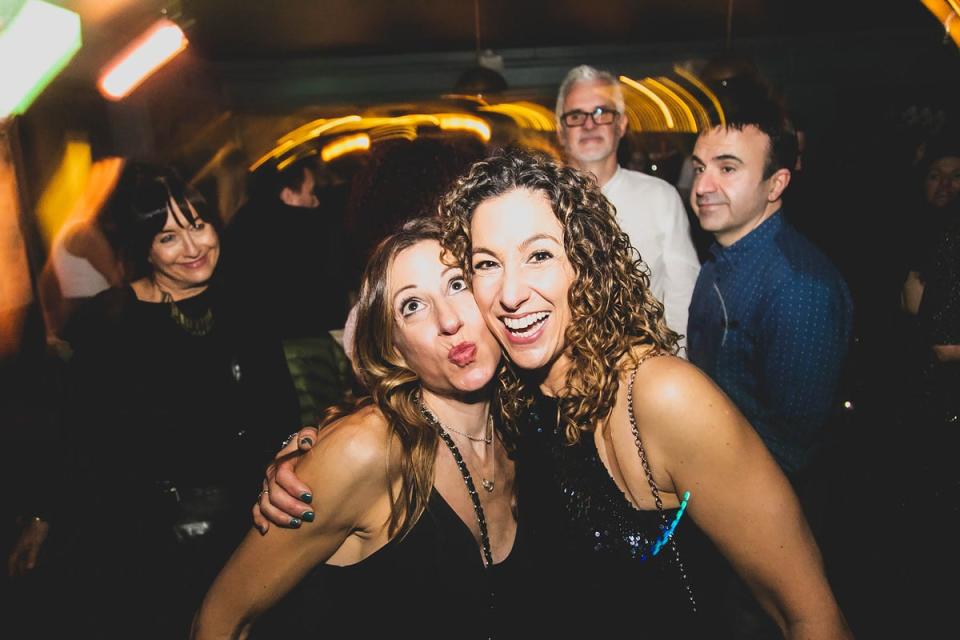
After the Bowie club, I discover first-hand the ups, downs, and ups again of day dancing. Staying for a post-club wine or 12, I’m blackout wasted at 8pm on a Sunday. But then, somewhat miraculously, I’m seeing off the final haze of the hangover in time for a solid day’s work on Monday, like a man who’s “won” at functioning alcoholism. There’s only one thing for it. As the man who first started the Noughties indie club behemoth Club NME in a dingy backroom in Shoreditch in 2004, I now needed to launch my own day club. Daytime For Heroes – the indie sleaze club with a view from the afternoon; wall-to-wall Killers, Arctic Monkeys, Libertines, and the like – launches on 22 June. Consider it your date with an early night.
Daytime For Heroes launch party is on 22 June; tickets are available here
Club de Fromage and Age Against The Machine daytime events are listed here


